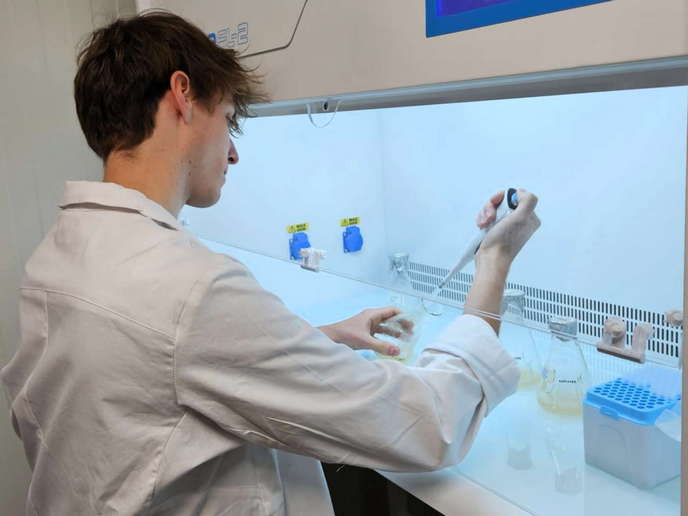The dynamics of entrepreneurship
Entrepreneurship is vital for improving economic growth, productivity, innovation and job creation. It serves as a career opportunity generating opportunities for the upward mobility,-including the immigrants. However, in the EU, entrepreneurship supporting policies have been less successful as compared to other advanced economies. MED (Micro-foundations of entrepreneurial dynamics) was an EU-funded project focused on the -factors affecting the entrepreneurial experience. This includes ambitions, business strategies and environmental factors, including policies, institutions and social context. The work was based on the Panel Study of Entrepreneurial Dynamics (PSED) protocol developed in the United States in the 1990s, and focused on comparable panel studies in the United Kingdom and other European countries. It involved addressing complications associated with the development of these longitudinal studies, which are expensive, and require commitment from a research team. Such challenges are indicative of the complexity. Since participation in business creation is low, only roughly 1in 20 adults was part of the representative sample. Additionally, business creation is a multifaceted and complex endeavour that lends to a lengthy interview process. Also, the financial status of start-ups can take a number of years to be known. A detailed interview questionnaire and methodology suitable for implementation across the EU as a study on nascent entrepreneurs was developed. It involved a total of five national teams with an interest in implementing synchronised projects in Finland, Latvia, Spain, Switzerland and the United Kingdom. Following this, the five national teams took part in an open discussion to create a synchronised research design. All five national projects began screenings to recognise nascent entrepreneurs and complete the detailed interviews. A follow-up interview was also designed and applied. Results from the United Kingdom pilot study exhibit immediate policy relevance. They show that women are less involved in entrepreneurship and minorities are more involved. Only 85 % of entrepreneurs were born in the United Kingdom. Just over half hold university or post-university degrees, and for over half this is their first start-up though they average 25 years of work experience. Half of those involved in the process were unaware of programmes that assist start-ups. In addition, reasons for disengagement can range from personal to problems attracting customers, complications in organisational procedures and lack of financial support. This work will be helpful in providing major opportunities for scholars to explore business creation in different contexts.







